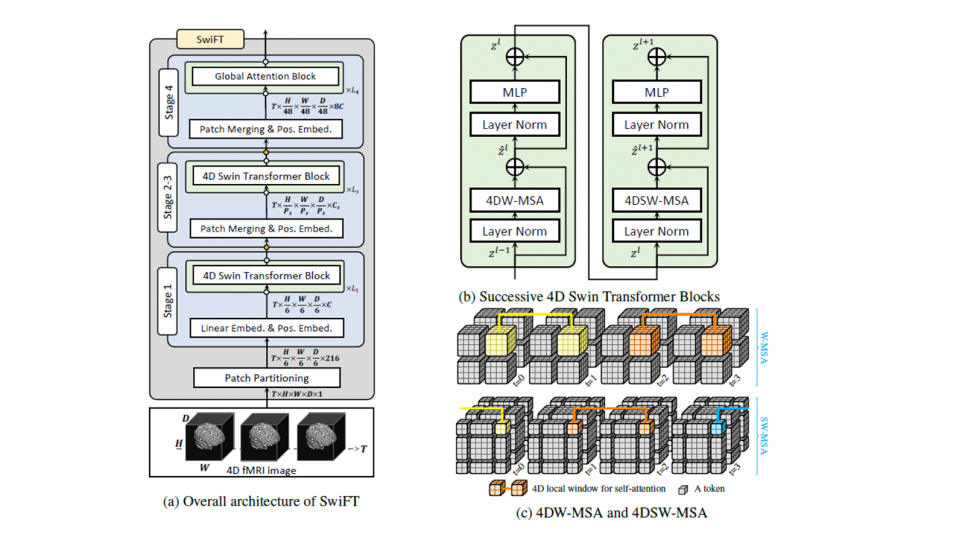The use of brain imaging and neuroscience in medicine is limited due to our current models’ poor predictive power for assessing brain health and cognitive functions. The successful development of a foundational model has the potential to significantly advance brain imaging capabilities. This advancement can be realized by incorporating key features such as scalability, multimodality, expressiveness, compositionality, and an enhanced memory capacity. These improvements are in line with the technological advancements seen in Generative Pretrained Transformer (GPT) models, which have rapidly accelerated the evolution of conversational AI applications, including ChatGPT.
This revolution is transforming our approaches to learning, communication, and decision-making, marking the beginning of a new era in technological innovation. With its successful deployment, this team's foundation model in neuroscience is anticipated to be revolutionary in various scientific disciplines, including neuroscience, medicine, and psychology. Designed for robust adaptability, the model will support a wide range of applications, such as predicting cognitive, psychological, clinical, and behavioral outcomes, and their potential developments over time. Enhanced task performance is expected to address major societal issues like depression, substance abuse, and suicide. Additionally, the model's influence is likely to permeate various commercial industries, enhancing communication, marketing strategies, Brain-Computer Interface (BCI) technologies, and brain decoding devices, leading to substantial progress in these domains. The proposed foundation model is also a generic spatio-temporal model and could be applicable to various DOE flagship science domains including climate, fusion, material science, particle physics, etc.



